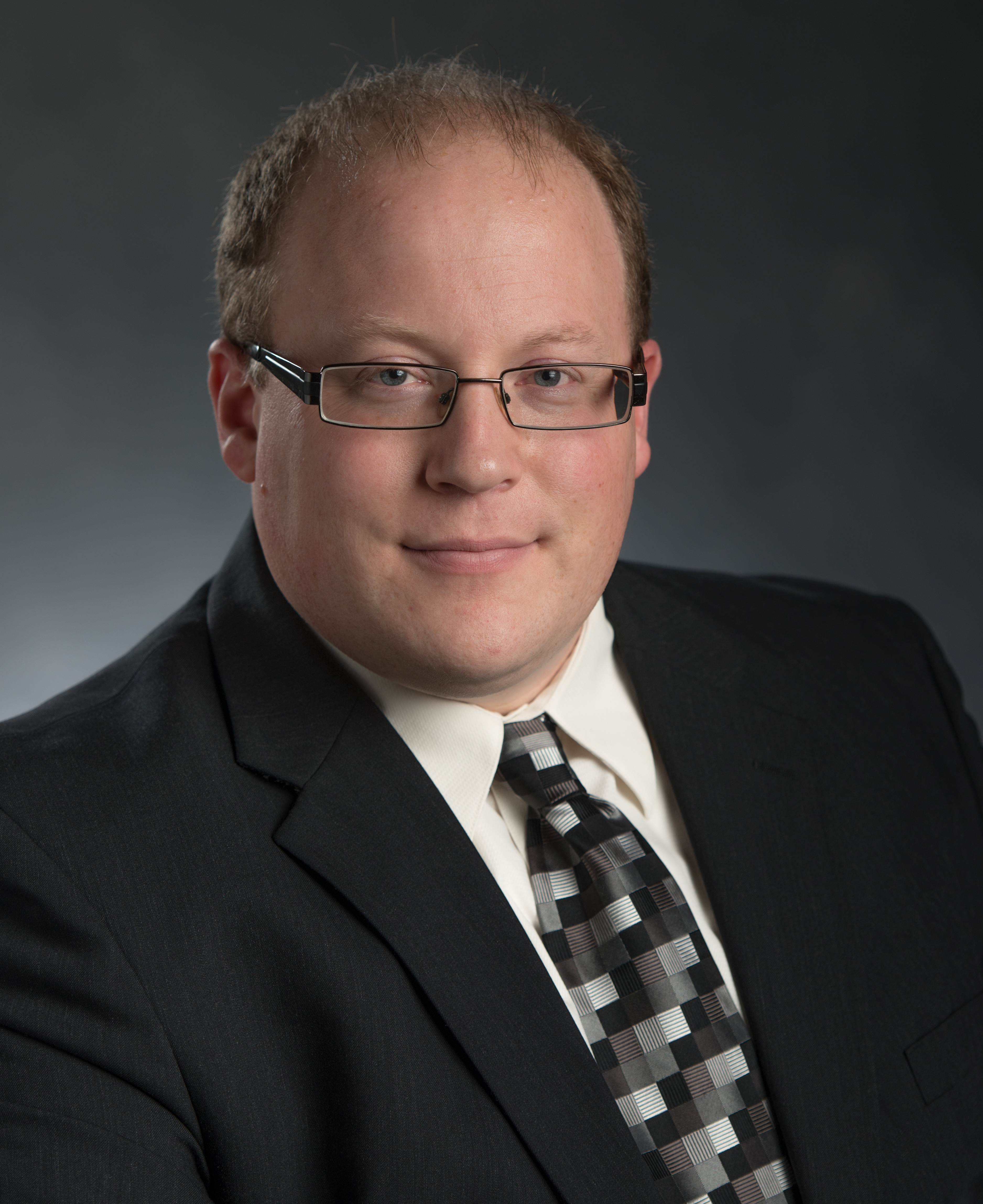 |
Center for Nonlinear Studies |
In this seminar (targeted at an audience that is relatively new to plasma physics!) I will discuss the challenges of modeling plasmas across a range of spatial and temporal scales that relate to physical properties such as the mean length and timescales for particle interactions and charge screening. I will show how we derive fluid and kinetic models starting from the Boltzmann equation and Maxwell's equations, talk about the computational challenges of these types of models, and will finish by highlighting recent efforts by my collaborators and I to use data science-informed methods to bridge the physical scales between different types of models in order to include, e.g., kinetic information in a fluid model of a plasma.
Bio: Brian O'Shea is a computational and theoretical astrophysicist studying cosmological structure formation, including galaxy formation, the behavior of the hot, diffuse plasma in the intergalactic medium and within galaxy clusters, and (more recently) terrestrial high energy density plasma physics phenomena. He is also a co-author of several open source software tools including the Enzo, Enzo-E, and Athena-PK codes, an expert in high performance computing, and an advocate for open-source computing and open-source science. He received his B.S. in Engineering Physics at the University of Illinois in Urbana-Champaign (UIUC) in 2000, and his PhD in physics from UIUC in 2005. Following that, he was a Director's Postdoctoral Fellow at Los Alamos National Laboratory, with a joint appointment between the Theoretical Astrophysics Group and the Applied Physics Division. Since 2008, he has been a member of the faculty at Michigan State University, with a joint appointment between the Department of Computational Mathematics, Science, and Engineering (2015-present), the Department of Physics and Astronomy (2008-present), and the DOE Facility for Rare Isotope Beams (2014-present). From 2008-2015, Dr. O'Shea was a member of Lyman Briggs College. He has authored or co-authored over 100 peer-reviewed journal articles in astrophysics, computer science, and education research journals, and has received a variety of awards for his teaching and public outreach efforts. In 2016, he became a Fellow of the American Physical Society, and in 2019 he became the Director of MSU's Institute for Cyber-Enabled Research.

Host: Chris Fryer and Enrique Batista (CNLS)